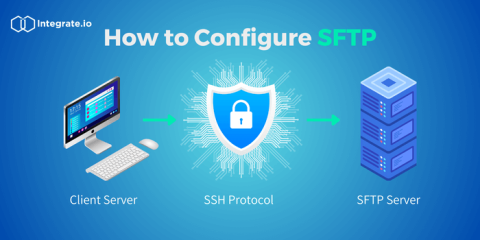SFTP Setup: Securing Your File Transfers
Data integration is a vital practice for organizations seeking to leverage the wealth of information available to them. To achieve this, it's crucial to establish a seamless method of sending data from multiple sources to a centralized repository, such as a data warehouse. One commonly employed solution is SFTP (Secure File Transfer Protocol). In this comprehensive guide, we'll delve into the details of SFTP, explaining what it is and how to configure it securely for file transfers.











